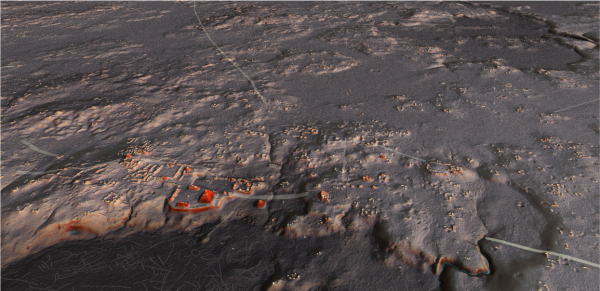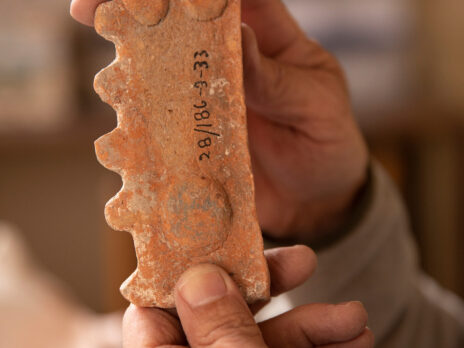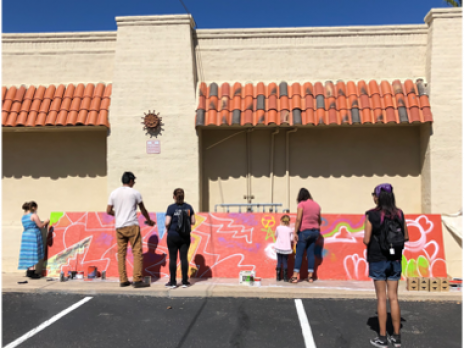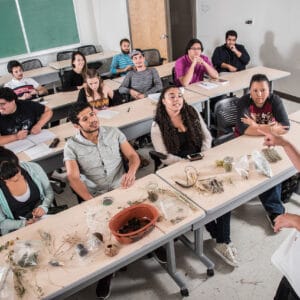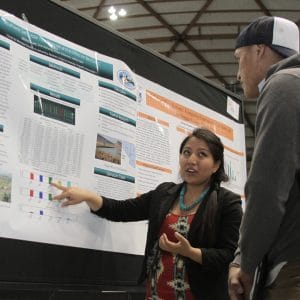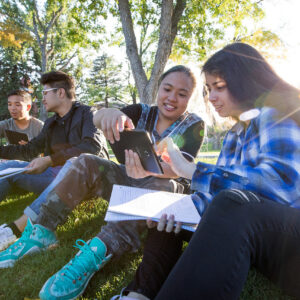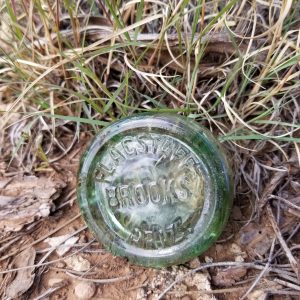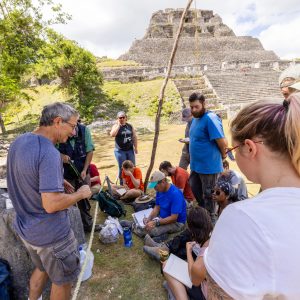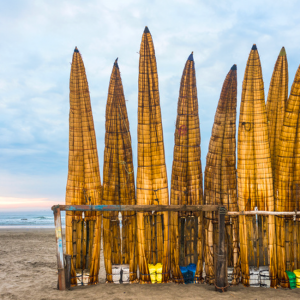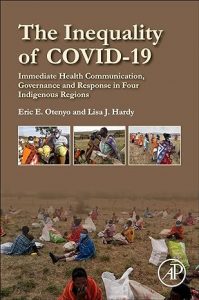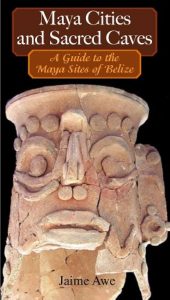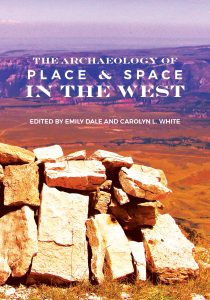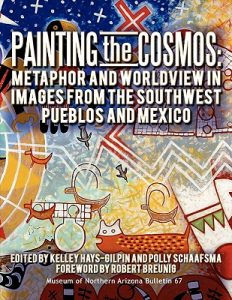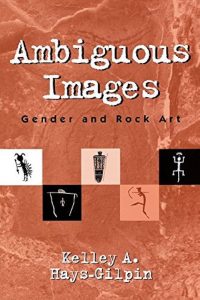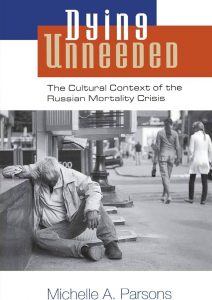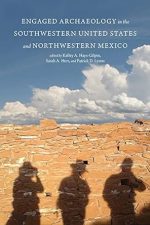Department of Anthropology
At NAU, anthropology is a dynamic and collaborative exploration of cultures.
We offer qualitative and quantitative research opportunities that elevate marginalized perspectives—and encourage you to make a positive difference in facing the environmental, political, economic, and social challenges of a rapidly changing world.
You’ll tackle vital issues that matter today, including drug use, forensic strategies in crime scene investigation, and immigration. Historical perspectives on agriculture, archaeology, and human interactions with the environment and animals provide context for complex, interdisciplinary topics such as community development, and health equity.
Whether taking an environmental anthropology approach to food and water security, or seeing archaeology as a tool for social justice, our engaged faculty guide students in working with local and global communities. Our labs at the Flagstaff campus study paleo diet; Mesoamerican Archaeology; Southwest Archaeology; South American Archaeology; Faunal, Ceramic, and Lithic analyses; Historical Archaeology; Digital Archaeology, Medical and Environmental Anthropology; Biocultural Anthropology; and much more.
Explore our degrees
Field School Opportunities
NAU Anthropology in the news!
- Dr. Chrissina Burke was recently featured in NAU news about her role as the President of the Board for the 2024 Flagstaff Festival of Science
- Dr. Leah Mundell led a group of Anthropology students on a field trip make connections and learn about the US/Mexico Border
- Fabienne Sparks, an Anthropology student working with Dr. Lisa Hardy, recently authored an article on how young people view death after COVID-19
- Dr. Ora Marek-Martinez was an invited speaker to the joint convening of the Vatican’s Pontifical Academy of Science and the Pontifical Academy of Social Science’s workshop on “Indigenous Peoples’ Knowledge and the Sciences: Combining traditional knowledge and sciences for resilience to address climate change, biodiversity loss, food security, health”
- Dr. Ora Marek-Martinez is a co-leader on the newly announced NSF Center for Braiding Indigenous Knowledges and Science (CBIKS)
